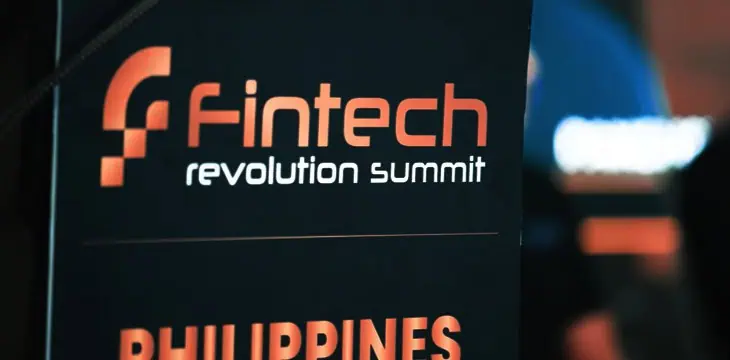|
Getting your Trinity Audio player ready...
|
An on-chain identity solution for the Metanet, Bitcoin microtransactions for automated Zapier events, and paying humans to tag data—these are the three finalists in the third Bitcoin Association Bitcoin SV Hackathon. From a shortlist of 10 semi-finalists, the judges chose projects called Kyrt, RepZip and STOTASK to make the final pitches at the upcoming CoinGeek Live event.
A record 418 people from 75 countries and representing 75 projects participated in the Hackathon, which was sponsored by the Bitcoin Association and run by nChain. Travel restrictions in several countries meant the event took a new format this time around. The 48-hour coding marathon was stretched to eight weeks, and entrants met online instead of face-to-face.
This mostly-online format lacked the physical atmosphere of most hackathons, but it also enabled far more people to join in—people who may not have otherwise been able to enter.
The shortlist and finalists announcement comes after eight weeks of coding and online meetings to produce viable prototypes that will hopefully become popular Bitcoin services in the future. Participants were instructed to look at Bitcoin’s data processing and high-volume transaction capabilities, thinking outside the box to create something that has never existed before.
The Bitcoin Association said in its announcement: “These capabilities support the rise of a single digital currency (BSV) for micropayments, break down historical industry data silos, and facilitate technological interoperability in ways never thought possible.”
The three finalists will now compete for their share of the US$100,000 prize pool by pitching to a judging panel at CoinGeek Live, which runs from September 30 to October 2, 2020.
nChain CTO Steve Shadders, a member of the judging panel, said he was impressed at the quality and creativity of Hackathon entrants. The additional time allowed projects that were better thought-out and polished, he added.
Bitcoin Association Founding President Jimmy Nguyen agreed, saying:
“The standard of submissions for the 3rd Bitcoin SV Hackathon has raised the bar once again and reflects the continued maturing of Bitcoin SV development. What impressed me the most is the diversity of projects entered – business and consumer applications that each have a unique take on our theme of ‘Connecting the world to one global blockchain’ – but all with the common thread of leveraging the distinguishing powers of the Bitcoin SV blockchain. I’d like to thank all of the more than 400 people who took part in the competition. While we select a champion in a few weeks’ time, all the participants win by building on BSV.”
And the finalists are…
So who are the finalists and semi-finalists, and what do they do? Let’s take a look.
Kyrt, a Dutch-Belgian venture, integrates with event-automation company Zapier by adding Bitcoin microtransactions to events. (Zapier itself is a non-Bitcoin service that has been around since 2011, automating functions on other web applications in a similar way to IFTTT.)
The Kyrt team says using the Bitcoin blockchain to store personal data is superior to existing options, which provide services “for free” but at the expense of never knowing for sure how that data is being used.
RepZip says it can provide a real solution to the problem of online identity, which has bedeviled developers and the public alike for as long as the internet has existed. It integrates with Paymail and third-party attestation to allow users to verify their identity without having to produce physical documents—the current method which is not only impractical, but also prone to identity theft and fraud.
STOTASK wants to add human assistance to machine learning, by allowing anyone with the time to earn small payments by adding information to data tags. Adding initial human input will help computers better “understand” data classification in the long-term, and adding Bitcoin micropayments adds an economic incentive for people to contribute.
The other seven projects on the semifinalists’ shortlist also deserve a mention. They are:
- MyPaymailSend – which allows payments to be sent to email addresses that don’t already have associated wallets;
- Parking SV – creating a single payment system for car parking around the world;
- Profitsilo – an API that enables Bitcoin micropayments for data used in machine-to-machine interactions;
- Aetherna – a platform for audio content creators;
- Greenlight – which allows businesses to more easily deploy Tokenized smart contracts and agreements, especially management of common shares in companies;
- MoneyStream – adding micropayments to streaming media services;
- TacTic – an accounting auditing solution that runs in the background to certify records stored on the blockchain.
If you’d like to watch the finalists’ pitches, sign up for CoinGeek Live here.

 07-12-2025
07-12-2025 





